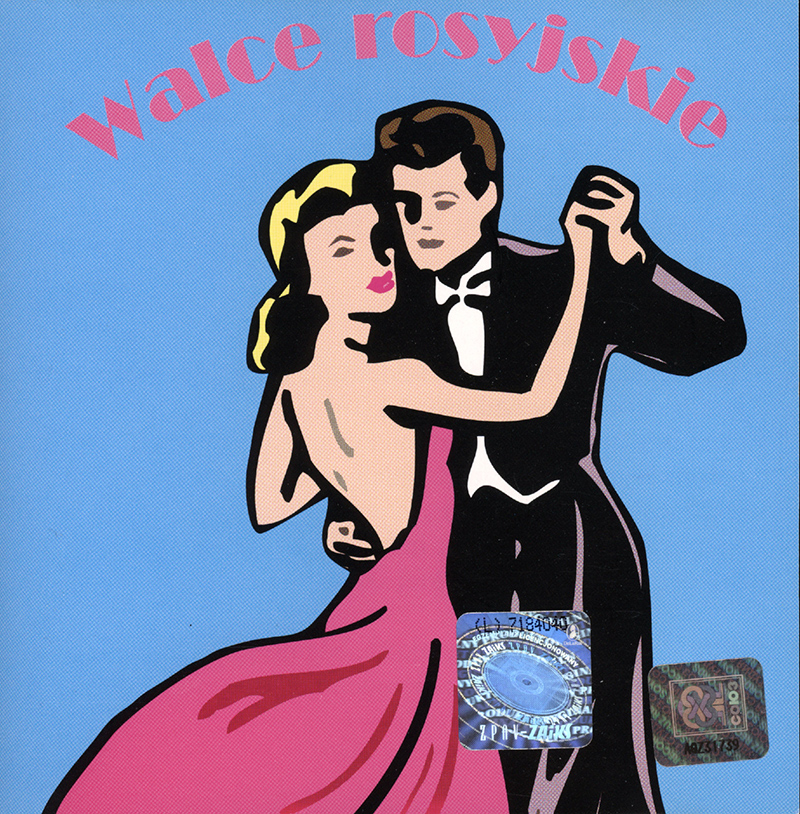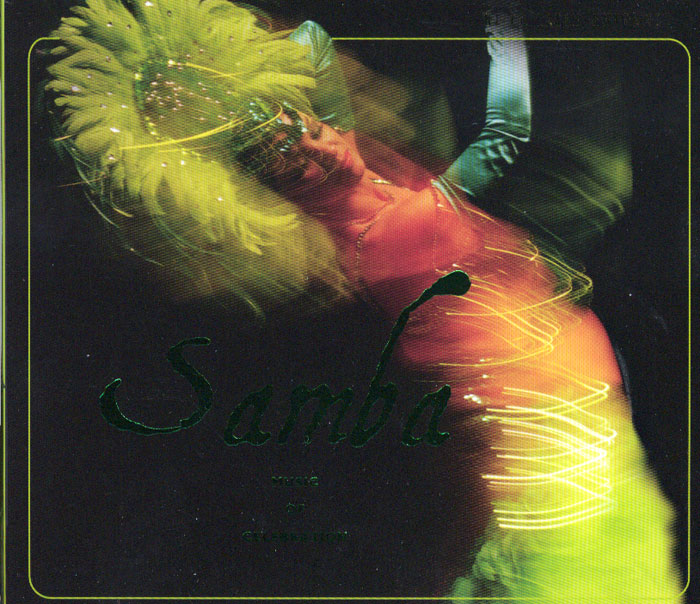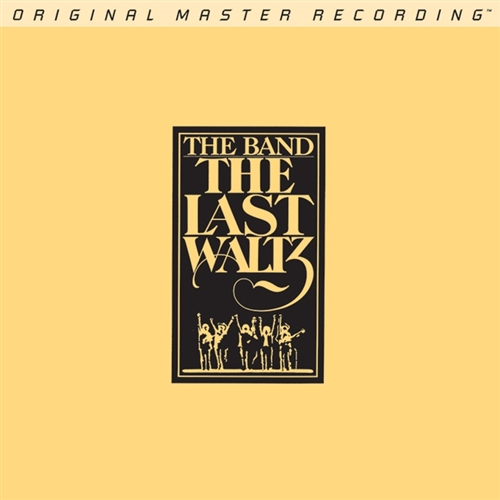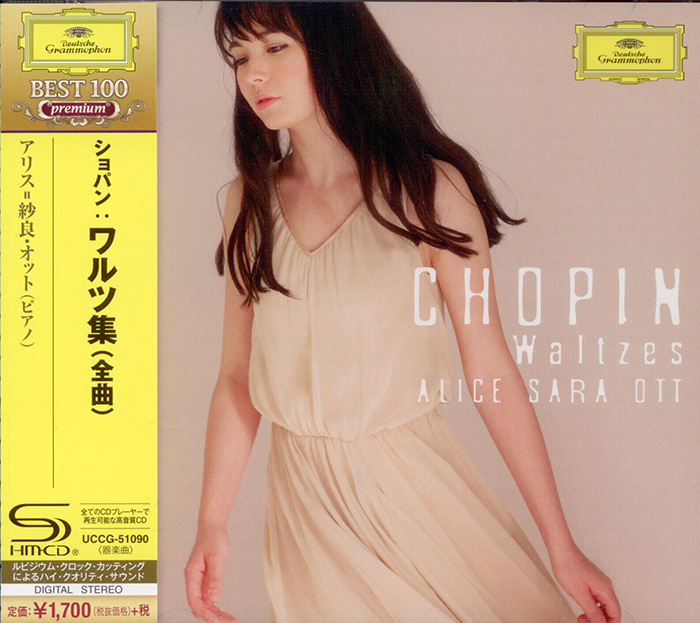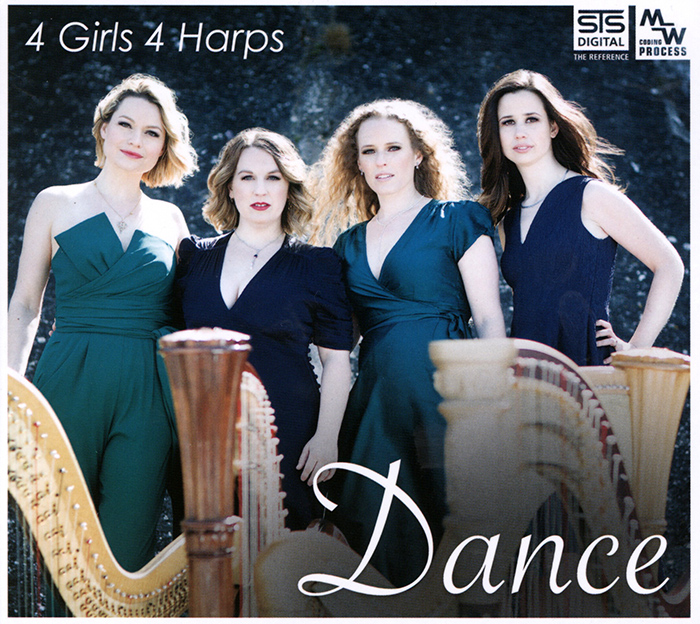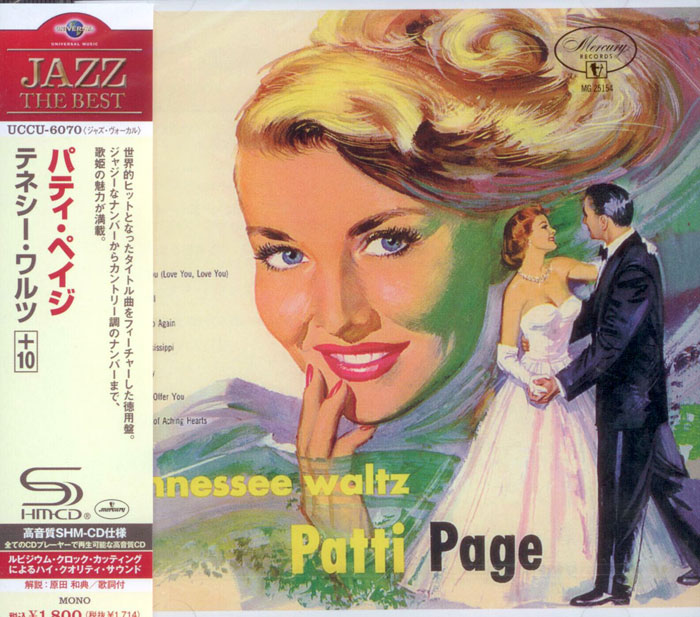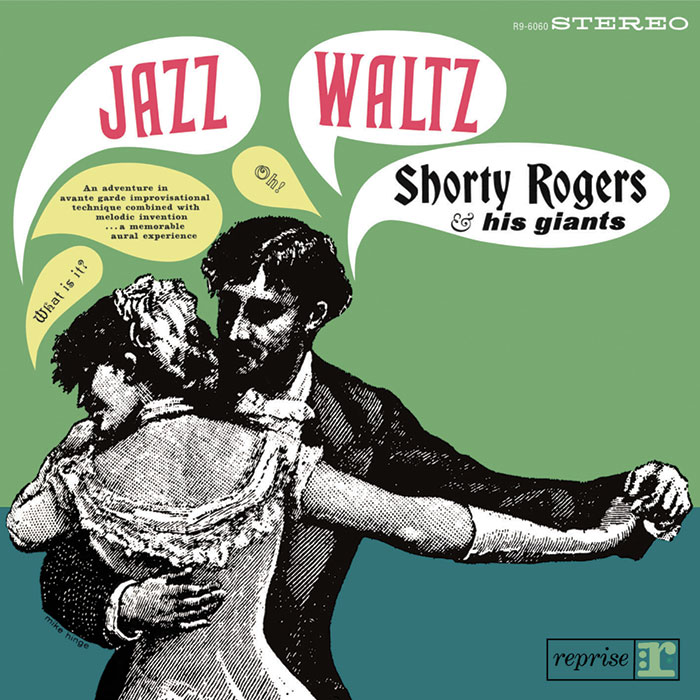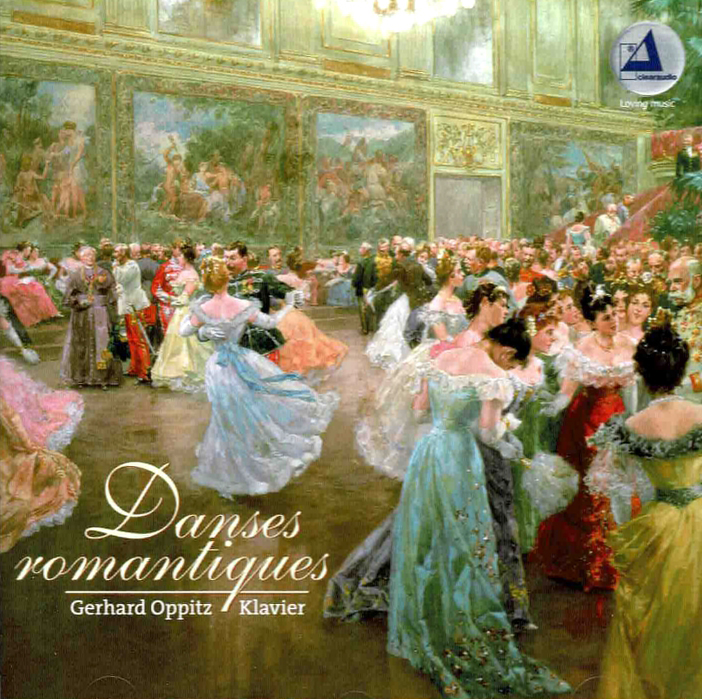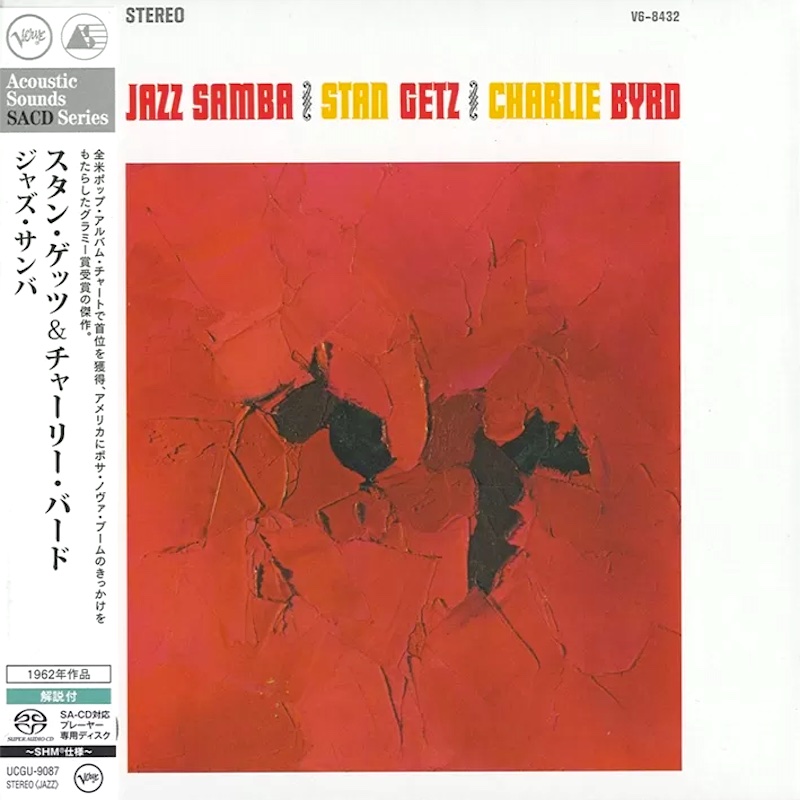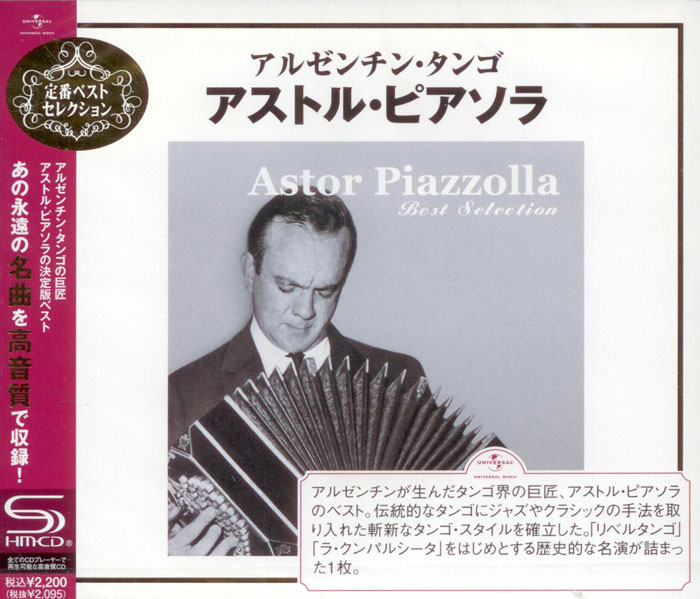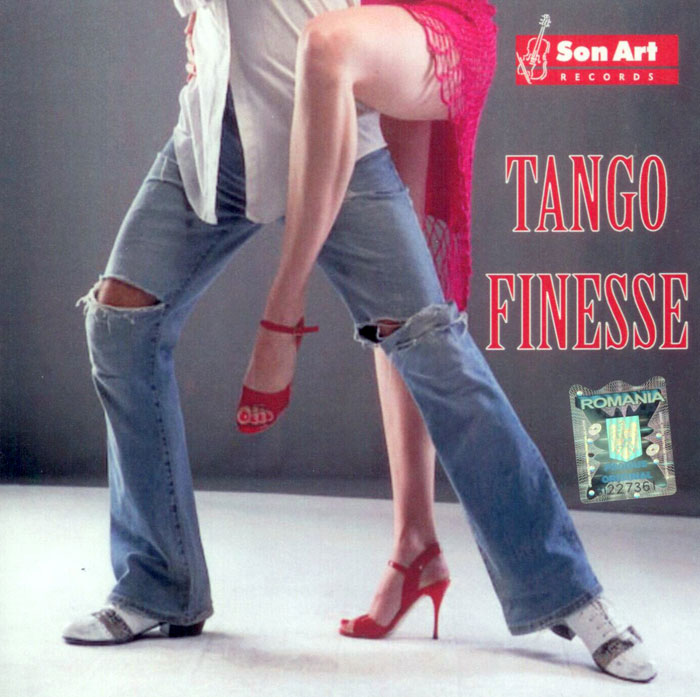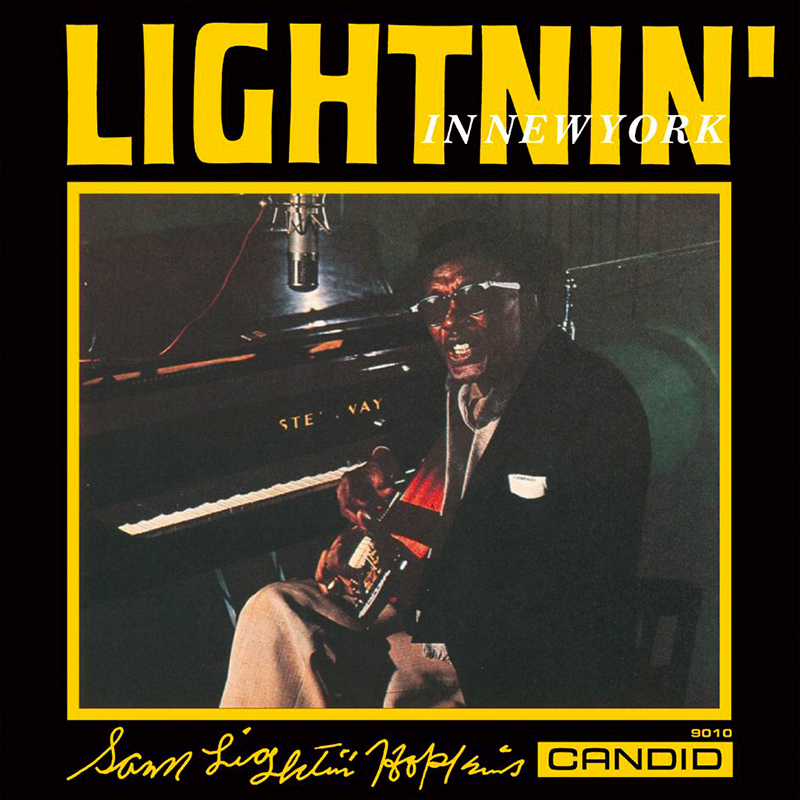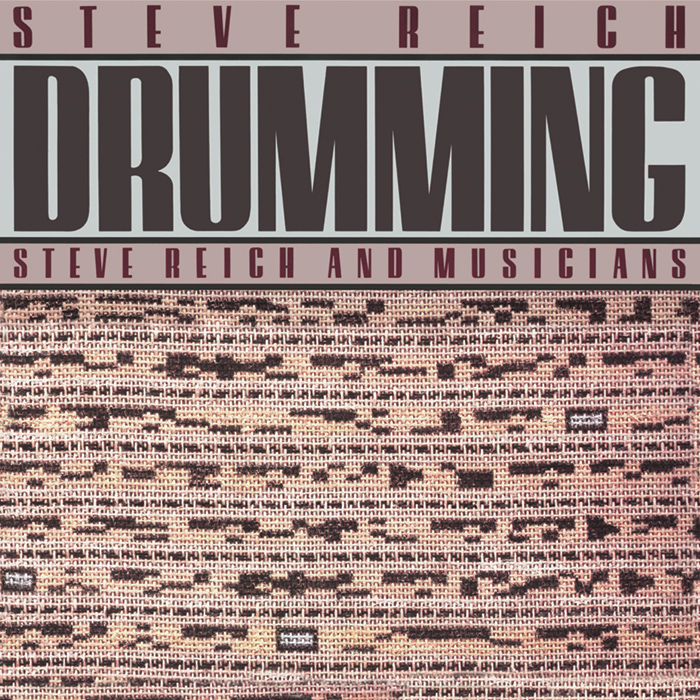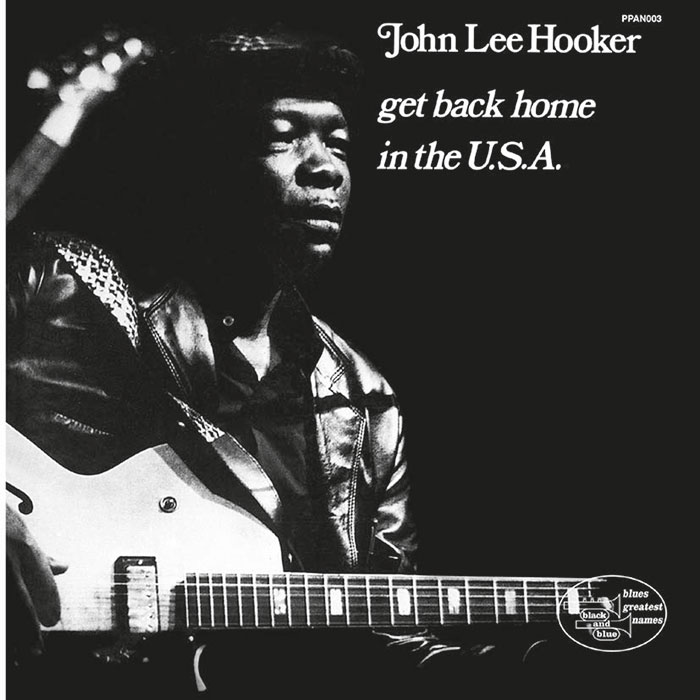Logowanie
Dziś nikt już tak genialnie nie jazzuje!
Bobby Hutcherson, Joe Sample
San Francisco
SHM-CD/SACD - NOWY FORMAT - DŻWIĘK TAK CZYSTY, JAK Z CZASU WIELKIEGO WYBUCHU!
Wayne Shorter, Freddie Hubbard, Herbie Hancock, Ron Carter, Elvin Jones
Speak no evil
UHQCD - dotknij Oryginału - MQA (Master Quality Authenticated)
Karnawał czas zacząć!
Music of Love - Hi-Fi Latin Rhythms
Samba : Music of Celebration
AUDIOPHILE 24BIT RECORDING AND MASTERING
CHOPIN, LISZT, DEBUSSY, DVORAK, Gerhard Oppitz
Dances romantiques - A fantastic Notturno
Wzorcowa jakość audiofilska z Clearaudio
Winylowy niezbędnik
ClearAudio
Double Matrix Professional - Sonic
najbardziej inteligentna i skuteczna pralka do płyt winylowych wszelkiego typu - całkowicie automatyczna
Lightnin' Hopkins
In New York
Samuel "Lightnin'" Hopkins is largely considered one of the finest and most important interpreters of the blues. A "country blues" singer and guitarist from Texas, his prolific career spanned from the mid 1940s until his death in 1982. Rolling Stone magazine ranks him No. 71 on its list of the 100 greatest guitarists of all time. Historian and musicologist Robert "Mack" McCormick opined that Hopkins is "the embodiment of the jazz-and-poetry spirit, representing its ancient form in the single creator whose words and music are one act." Recorded November 15, 1960 at the Nola Penthouse Sound Studios in New York, Lightnin' In New York captures the legendary bluesman in classic form, including some rare solos on the piano. Produced by Candid Records label co-founder, famed music critic and social activist, Nat Hentoff, and recorded at a time when Hopkins was being "rediscovered" by white audiences, the bluesman was reluctant in accepting his new role as an "artist" before predominantly white audiences. It was only a month earlier in October of 1960 that Hopkins had made his Carnegie Hall debut alongside folk luminaries Joan Baez and Pete Seeger. Before that, he had rarely ventured outside of his native Texas. "In this album," writes Hentoff in the extraordinary liner notes that accompany the LP, "Lightnin' has continued to illustrate how fresh, personal and surprising the blues still can be when they are molded by so strong and confident a source as this man from Houston."














